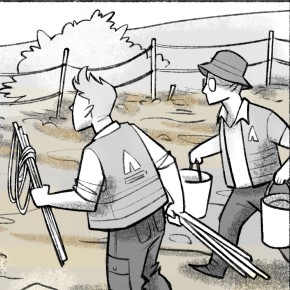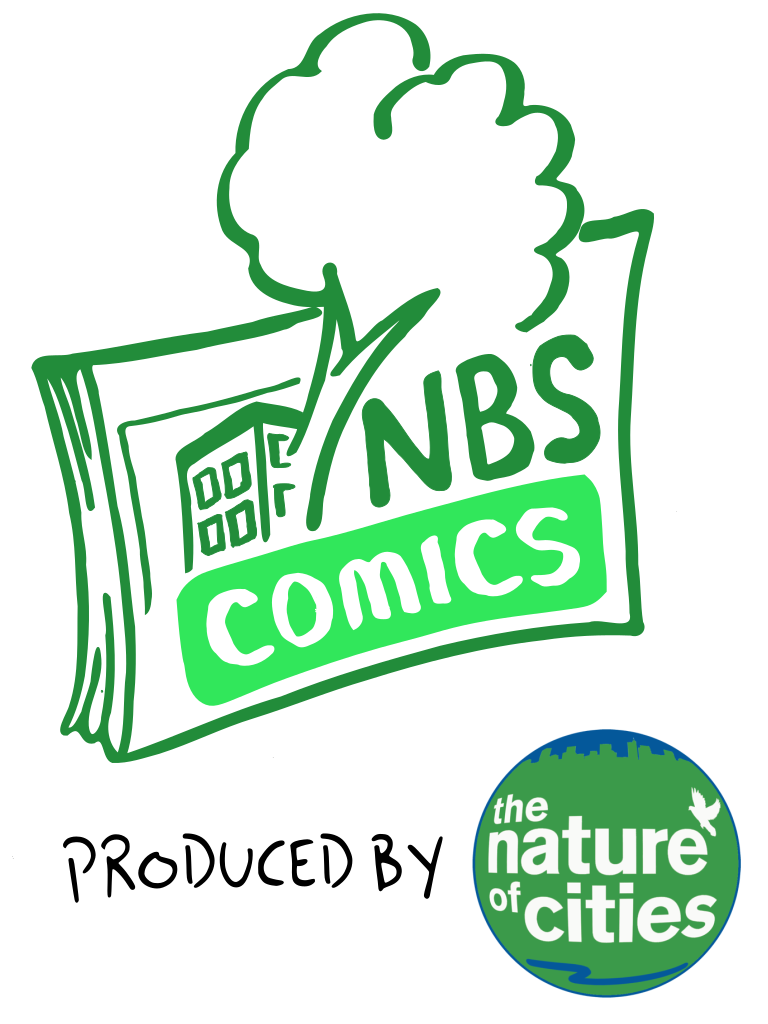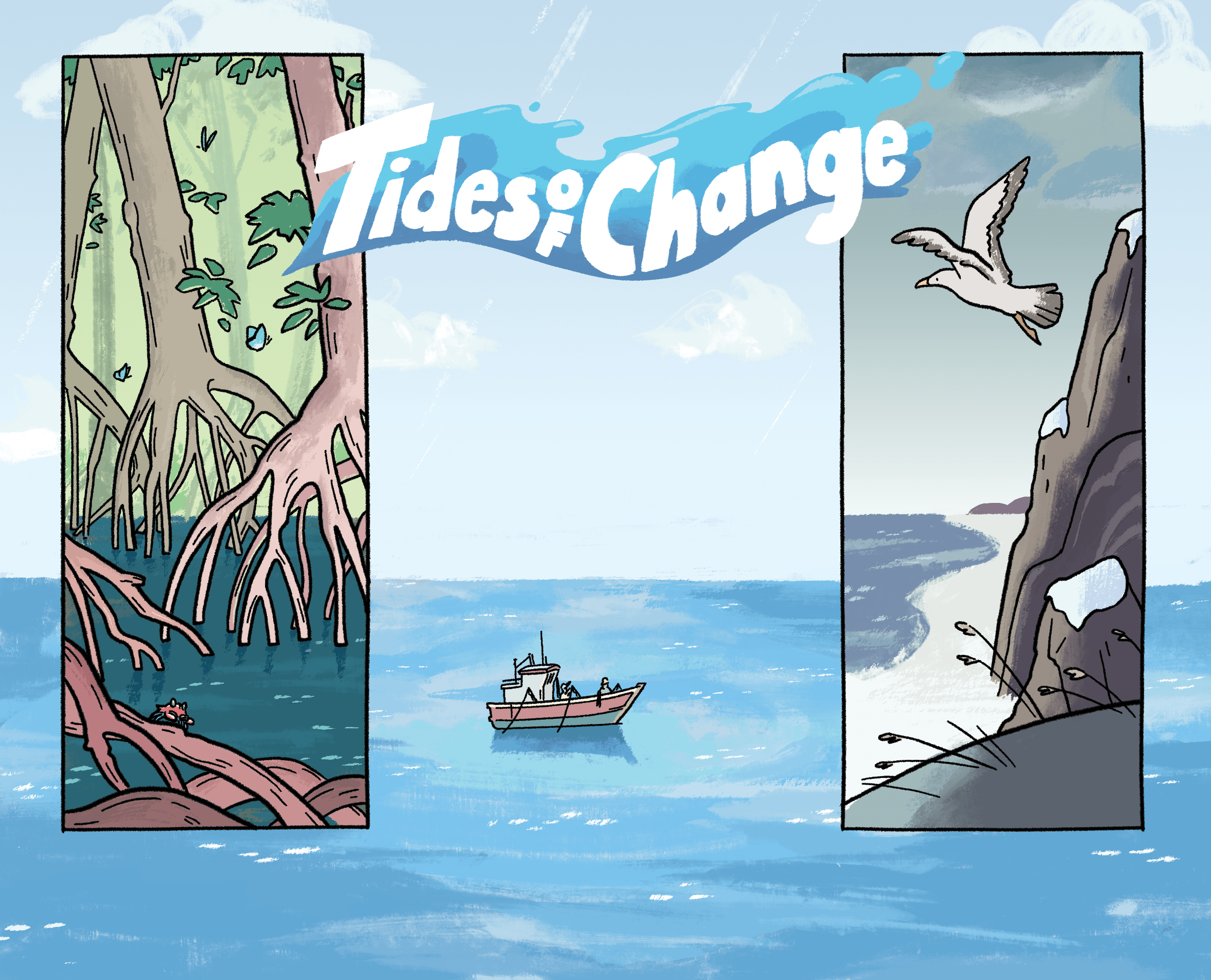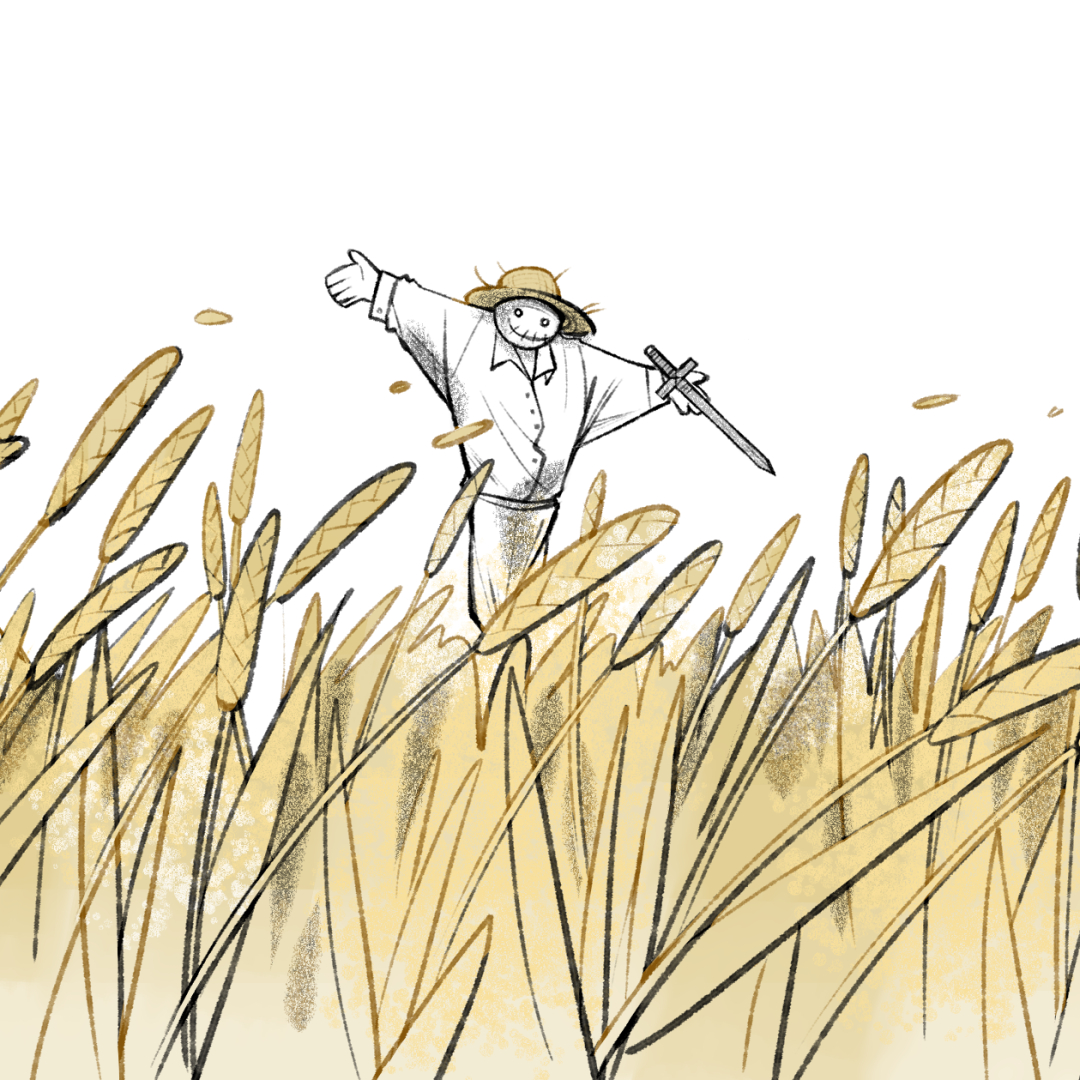EPICC applies a polycentric governance and environmental justice approach to investigate five selected commodity chains (cattle, soy, palm oil, gold, and tin) that ‘feed’ the European market. EPICC seeks to map the governance and power links that connect the multiple territories of production and transformation and their plural legal systems with the European regulatory, political, and socio-economic space.
Read more about the project here
IN THE COMIC >
In The Wheat Code, Elise uses the degradation of the palm oil industry to prove that you have to start on a smaller scale to improve the entire world. One tiny wheat field that can successfully improve its crops can be the example the rest of the industry needs to show that nature-based solutions work.

The conversion of natural ecosystems for agricultural land use and mineral extraction is one of the main drivers of global biodiversity loss. At the same time, deforestation and forest degradation in the tropics are the second largest source of global greenhouse gas (GHG) emissions. Despite the scientific evidence about agriculture and mining as major threats to biodiversity and the global climate, the frontiers of global value chains continue to be expanded into tropical forests, causing deforestation, forest degradation, and biodiversity loss.
The planetary organization of value chains is part of the problem: it intensifies the need for meat and minerals, and increases the distance — and transportation costs — between the locations of extraction and production, and places of processing and final consumption.




